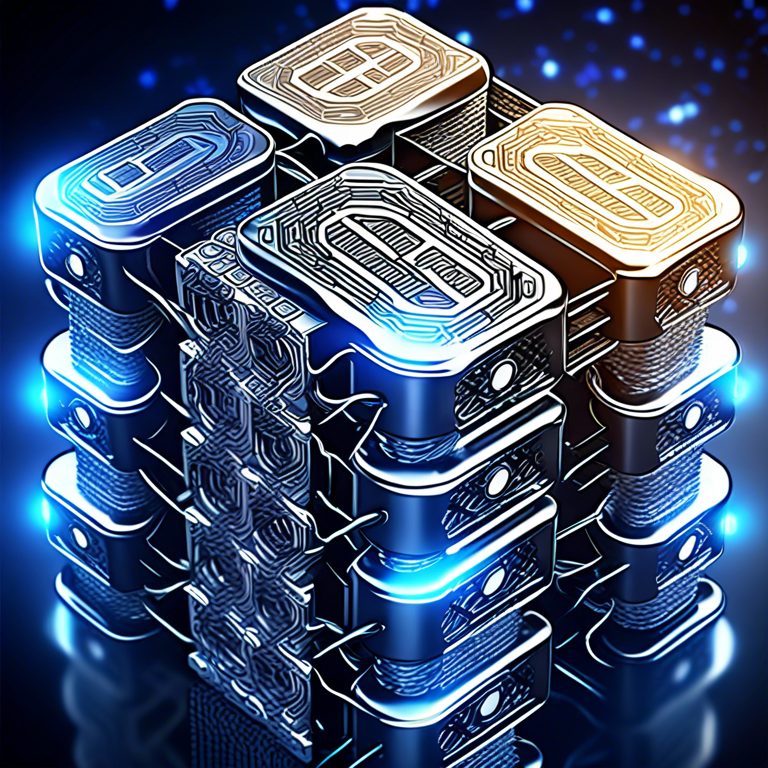The advent of blockchain technology has brought about a revolutionary way to enhance transparency, security, and efficiency in various sectors, including governance. This article delves into blockchain democracy, exploring examples where blockchain has been leveraged to foster democratic processes and secure voting systems. By examining these instances, we can better understand the potential and challenges of integrating blockchain into democratic governance.

Enhancing Electoral Integrity with Blockchain
One of the most significant applications of blockchain in democracy is in the field of voting. Traditional voting systems face challenges such as fraud, miscounts, and lack of accessibility. Blockchain technology offers a solution to these problems by providing a secure, transparent, and immutable ledger where votes can be recorded as transactions. This makes the voting process more accessible, secure, and verifiable, ensuring that every vote is counted accurately and eliminating opportunities for tampering or fraud.
Case Studies: Blockchain Voting in Action
- Estonia: A Pioneer in Electronic Voting: Estonia is often cited as a trailblazer in implementing digital solutions for governance, including blockchain. It has integrated blockchain technology to secure its e-governance services, including online voting. This has made Estonia one of the first countries to employ blockchain in its democratic processes, setting a precedent for others to follow.
- Sierra Leone’s Blockchain-Powered Election: In 2
018, Sierra Leone made headlines for being the first country to use blockchain in a presidential election. The technology was used to tally and verify the voting results, showcasing a real-world application of blockchain in enhancing the credibility and efficiency of electoral processes. - Voatz Mobile Voting Application: In the United States, the mobile application Voatz has been piloted in several states for absentee voting, particularly targeting military personnel stationed overseas. Utilizing blockchain, Voatz aims to make voting more accessible and secure, providing a verifiable audit trail for each vote cast.
Challenges and Considerations
While the examples above are promising, integrating blockchain into democratic processes is not without challenges. Issues such as technological literacy, digital divide, security concerns, and regulatory compliance need to be addressed to fully leverage blockchain for democratic governance. Moreover, the question of scalability and the environmental impact of blockchain technology cannot be ignored. Thus, while blockchain presents a novel approach to enhancing democracy, it is crucial to navigate these challenges carefully.
In conclusion, blockchain democracy offers innovative examples of how technology can be used to secure and streamline democratic processes. From Estonia’s pioneering e-governance model to Sierra Leone’s blockchain-powered election, these examples illuminate the path towards more transparent, secure, and efficient electoral systems. However, realizing the full potential of blockchain in democracy necessitates overcoming significant challenges, requiring concerted efforts from governments, technology providers, and the public. As blockchain technology continues to evolve, it holds the promise of transforming democratic governance in ways previously imagined only in the realm of science fiction.

